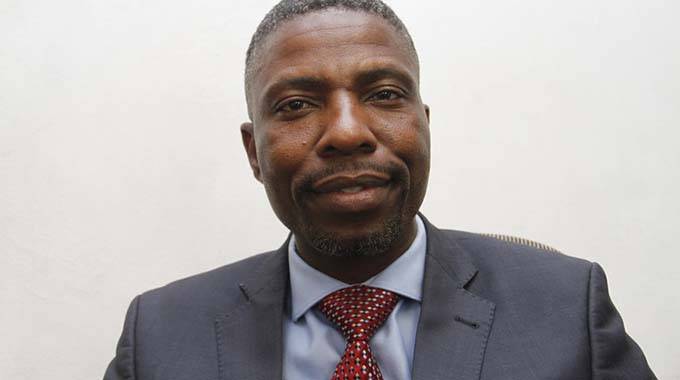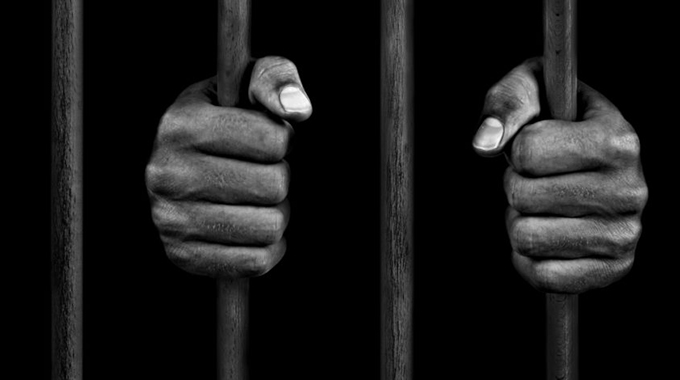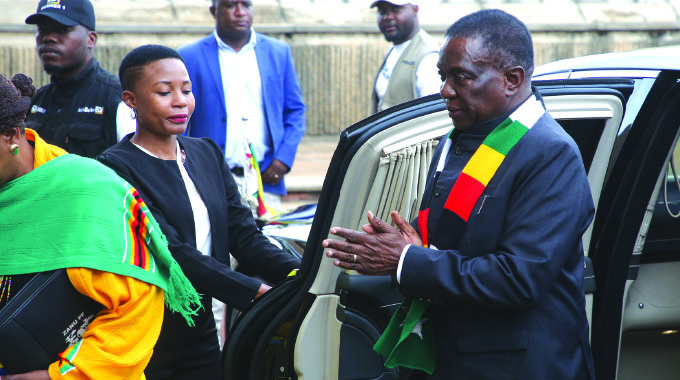Zim loses millions in unpaid carbon tax

Herald Reporters
Zimbabwe is losing millions of dollars in unpaid carbon tax from airlines and trucks that are using the country’s airspace and road infrastructure respectively, legislators have said.
Parliament’s Portfolio Committee on Transport and Infrastructural Development chairperson Cde Dexter Nduna said there was need for Government to tighten measures for the collection of carbon tax to realise value from foreign airlines and long distance trucks that pass through Harare, but do not refuel, thereby prejudicing the fiscus.
Cde Nduna said there was need to close gaps to ensure that the country received revenue in carbon tax.
Cde Nduna said this recently during a climate change sensitisation workshop organised by the Inter-Parliamentary Union (IPU) and the United Nations Environment Programme (UNEP) in conjunction with the Portfolio Pommittee on Agriculture, Water, Climate Change and Irrigation Development chaired by Gokwe-Nembudziya legislator Cde Justice Mayor Wadyajena (Zanu-PF).
“We are losing millions of dollars to aircraft that overfly our country without landing,” he said.
“We have also been prejudiced of a fortune by those planes that land here, but do not refuel.
“The same scenario obtains in respect of those long-distance trucks who use our country as a transit exit point, but do not refuel.
“This is a problem that we have as a country in terms of collecting carbon tax. It has to be levied when one buys fuel. With respect to foreign airlines, we will be engaging the Executive so that they consider engaging the International Air Transport Association to explore ways we can recover our money as a country. We are vigorously pursuing that aspect.”
Officially opening the workshop, Cde Wadyajena said there was need for concerted effort to work towards mitigating the effects of climate change so that the country attained its national goals.
“As you may be aware, climate change is now a reality,” he said.
“Climate change is causing harm to our environmental system thus compromising our ability to engineer sustainable economic development as enunciated in our Transitional Stabilisation Programme.
“Climate change mitigation and adaptation requires concerted efforts because no person can go it alone. The year 2018 recorded the highest concentration of carbon dioxide in the atmosphere. Carbon dioxide is one of the key drivers of climate change and we must ensure that we reduce our carbon emission.”
Government introduced carbon tax on fuel in 2001 as part of measures to curb greenhouse gas emissions.







Comments